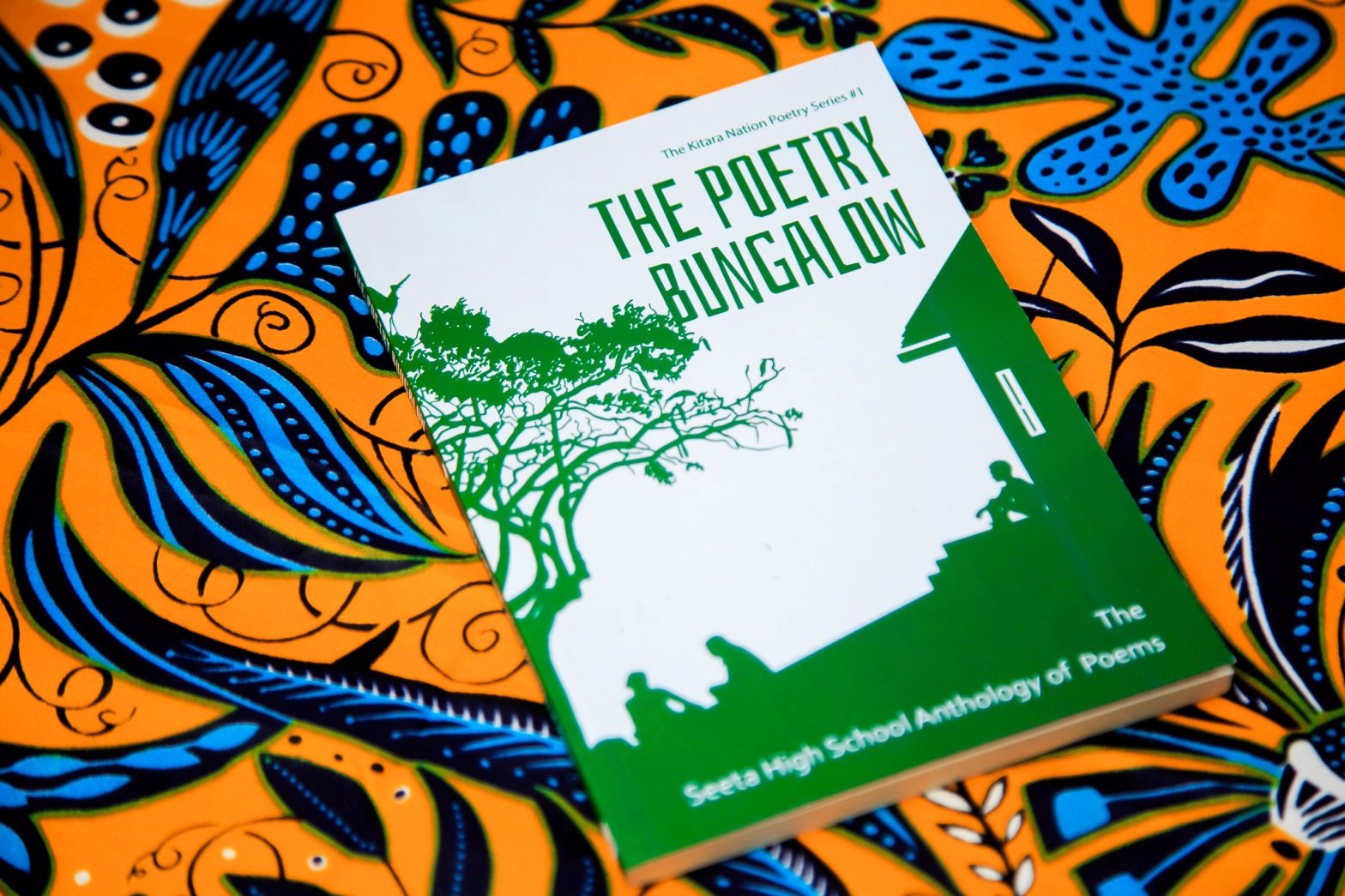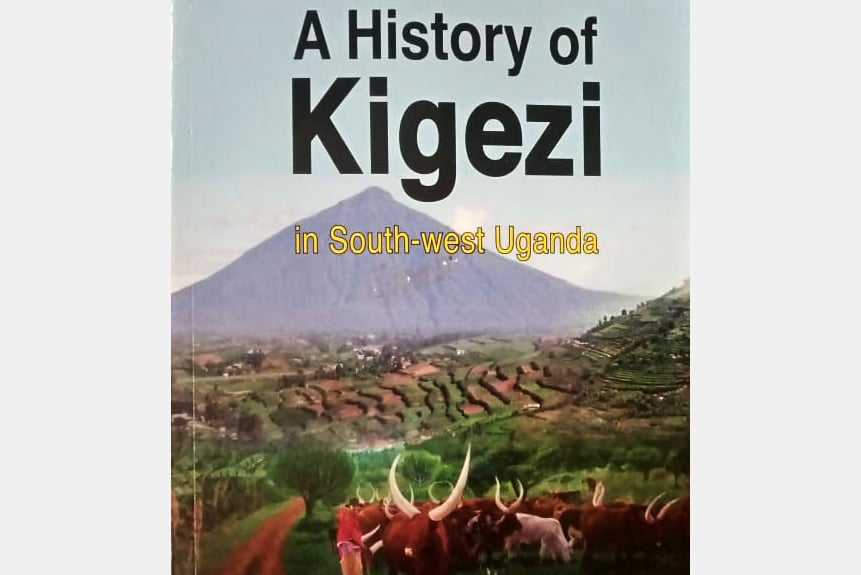Prime
Book Review: Seeta High’s anthology of poetry conveys melancholy

What you need to know:
Title: The Poetry Bungalow: The Seeta High School Mukono Anthology of Poems
Author: Kigayi Ngobi
Price: Shs40,000
Where: Uganda Museum Library
A literary series by the publishing house “Kitara Nation” entitled The Poetry Bungalow: The Seeta High School Mukono Anthology of Poems fits W H Auden’s definition of poetry—something that “encourages us to embrace paradox and contradiction, the unexpected, the never-thought-of.”
Each word, each inflection and every syllable seems purpose-written to be spoken or sung.
In the pages, which make up its literary offering, children from classes of Senior One to Senior Six of Seeta High School deliver the kind of poetry which, well, sings.
To be sure, their words are constantly in motion, reflecting an oral tradition whose syntactic fluidity flows without ebbing.
Take a look at pupil Kakooza Jordan’s musings on page 28, first two stanzas, under a poem entitled, The Outsider:
“I cannot sing along to your tunes, my feet cannot tap to your rhythm, you are all singing the same song/But I can’t sing along.
We are seated in the same room/But we are outsiders looking in. You all know my name/But not the story behind those letters, we all play the same game/But you are all proud of being better…”
The poet’s outsider status is unique; yet he recognises it as a quality many of us share. Such “ambiguity” is captured by his interchanging use of the plural “we” and singular “I” to denote his ‘oustiderhood.’
This self-contained unit of thought is divided into disunities of feeling which cannot be contained; yet somehow remain indivisible as to their wholesomeness.
The poem “Behind My Back” by Siminyu Princess Yaula, who is in Senior Six, reads like an indictment:
“You marked me with your words/ Telling me you are just unwinding, Reaching out for strands of fire, Burning at the tips of your fingers…”
The clarity of her expression uses the active voice as verbs govern her train of thought to carry the reader along with her.
It is bold.
It is powerful.
However, the adjective “strands” doesn’t effectively evoke fire. The transaction between that stationary image and fire, which rages by nature, robs the sentence of its symbolic forward motion.
But let us continue, please.
The poems in this collection are in free verse or prose poetry circumscribed by well-placed punctuation marks, line shapes, stanza forms and internal rhyme patterns which enhance the poetic syntax. While helping the poets make a statement.
“You hit me like an animal/ I cried my heart out/ But you didn’t hear me; I begged for your mercy/But you didn’t hear me,” screams Kyomuhendo S, Senior One student, in her poem Tables Will Turn.
The poet’s arrangement of words generates strong emotions, although an exclamation mark at the close of the last line would have invigorated the emotions in this poem the more.
“I am the one that never goes away from your snare/The way you always speak would make me grieve/ Because of that evil layer you called friends; I am the one that never appealed to your senses, You lit me up every time you were close/The beauty of your dazzling eyes left me dizzy. I thought I owned my body until I lost my mind to you…”
These words belong to a poet called “Anonymous” and, as if the poet is having second thoughts about his/her anonymity, the poem is entitled I Am The One.
The words in the sentences are coordinate and therefore, intellectually speaking, only semi-independent. As to the diction, the poet’s words set the page ablaze with a kindled passion.
Within my Heart by Florence Kyolaba Najjuko, S.4 is deeply affecting.
She writes: “I do not care how much you do for me/ Or how much you sweat to get it/It makes no sense to me/Your struggles are useless to me/These petty gifts and pleading face/Are dark shadows in my eyes/Since we seem far apart. You are a thorny leaf I held in my weaknesses/A thorny leaf whose shelter In my soul was a nightmare. I do not blame myself/Because I was only a fool/To trust a chameleon I did not know how to follow.”
One thing is clear, a lot of feeling born of melancholy threads its way through this poetry collection.
So much so that it is indeed an understatement to state that the poetry is introspective, written by young writers who happen to be old souls.
They know their minds and they are unapologetic about what they know and what they think.
Racheal A. Katureebe seems to express this on behalf of all other poets when she writes, “I would say I am sorry/ Maybe just For formality/ But to be true/Only to my heart, I’m not/At any point sorry.”
You see?
This poetry collection arises out of the efforts of Seeta High’s Writer’s Club to remind us that whatever definition you have of poetry, these poems must be included in that definition.




